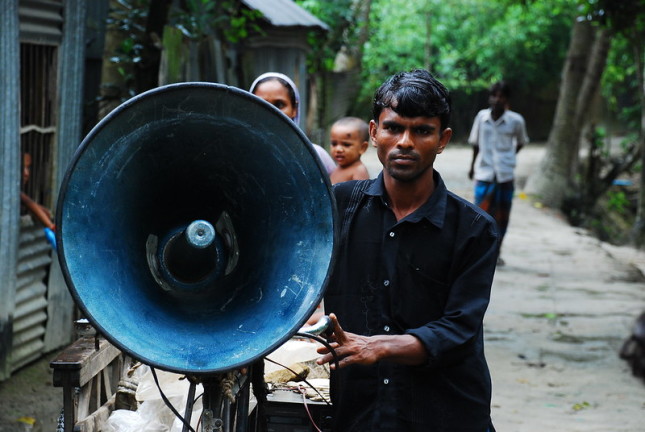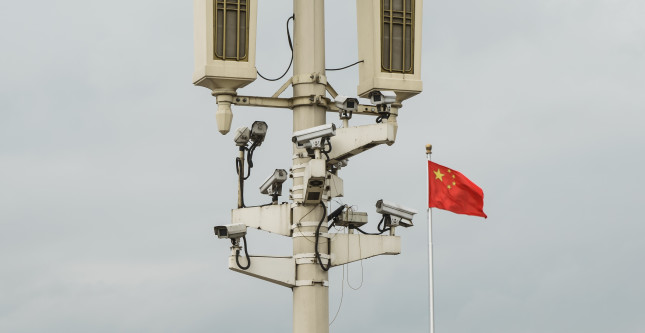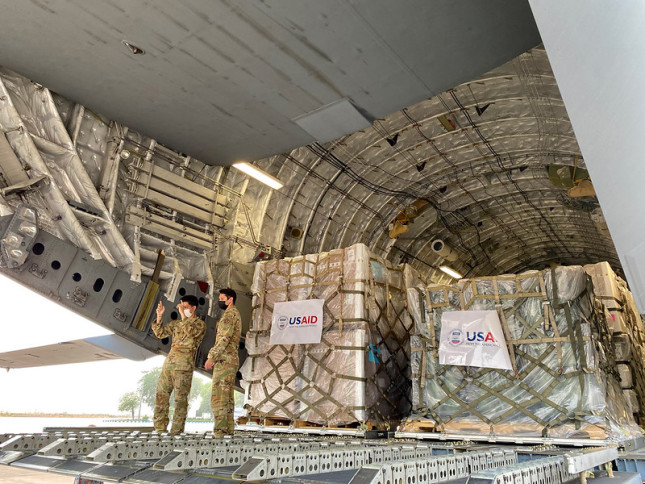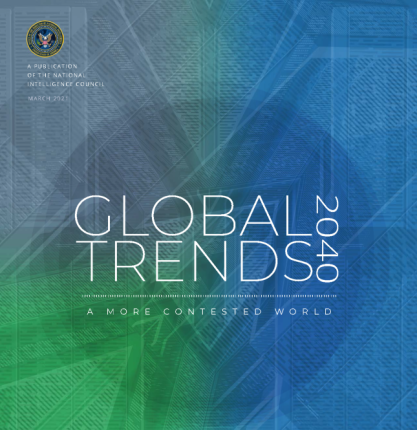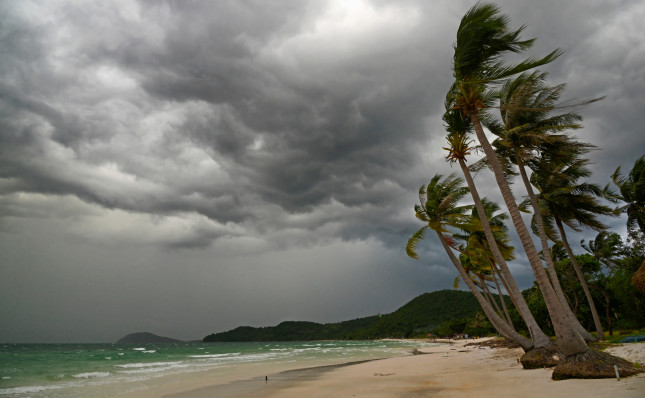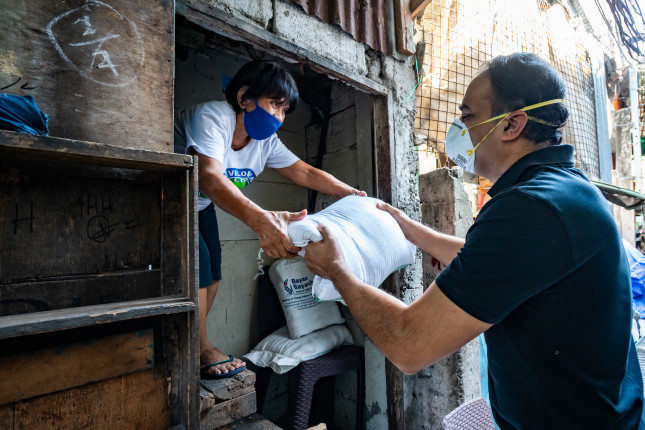-
Disillusioned Youth: A Danger to Democracy
›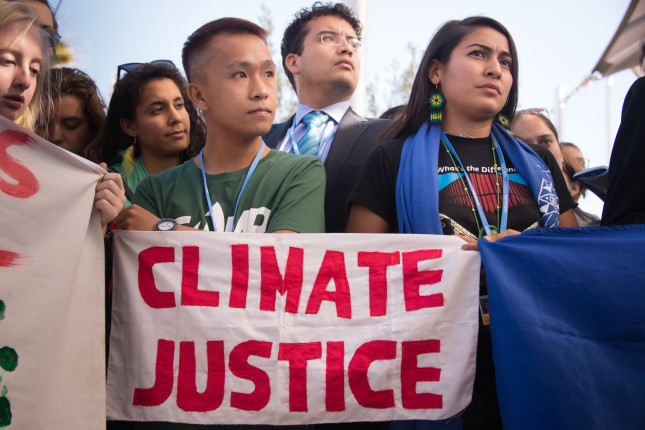
Global risks abound these days, from climate change to the next pandemic, as well as acute supply chain disruptions, energy shortfalls, and cybersecurity threats. These challenges play out in a landscape of immense political instability fomented by the Russian Federation, the People’s Republic of China, Iran and others, as well as dangers looming in the potential state collapse of countries like Afghanistan, Yemen, and Sudan. Taken together, the risk tally of our moment is mounting quickly.
-
United Nations Advances Strategic Foresight: Breakdown or Breakthrough Scenarios?
›
Last September, Secretary-General António Guterres outlined the United Nation’s Our Common Agenda in a speech to the General Assembly. His remarks focused on the future of global cooperation for the next 25 years. It was imperative, he messaged, to recognize that our accelerated interconnectedness, and the formidable challenges we all face, can only be addressed through a reinvigorated multilateralism, with the United Nations at the core of collective member efforts. We must think big, act swiftly, and work effectively, he said, to reshape how we move forward today to achieve the goals of the UN declaration commemorating the 75th anniversary of the United Nations.
-
Generation 2030: The Strategic Imperative of Youth Civic and Political Engagement
›According to a recent poll, young people are deeply concerned about the world they will inherit, want to be more engaged in meeting the development needs of their communities, and are helping to lead democracy or social justice protests in their countries. At the same time, new research shows a large decline in trust and admiration for democratic governance. According to Freedom House, for the first time in decades, authoritarian leaning regimes outnumber democratic leaning ones, with a majority of the world’s population now living in authoritarian leaning countries.
-
Today’s Top Global Scenarios Share Similarities and Noteworthy Differences, Including Beijing’s Role
›Guest Contributor // November 9, 2021 // By Steven Gale, Ana Fernandes, Krystel Montpetit & Alanna MarkleThis past March, the U.S. National Intelligence Council (NIC) offered five scenarios for global development in 2040. Two months later, the OECD released three scenarios for the future of global cooperation in 2035. Curious development professionals and others who like to peer into the future are no doubt asking: How does each organization see the future? Are the scenarios similar, different, closely aligned or wildly divergent?
-
International Foresight Takes Flight: OECD-DAC Led Foresight Community Grows and Spotlights New Cooperation Scenarios
›Guest Contributor // September 14, 2021 // By Steven Gale, Ana Fernandes, Krystel Montpetit & Nicolas Randin
The world needs strategic foresight now more than ever, and not just because of the COVID-19 global pandemic. Mounting climate crises across the globe underscore the need—blistering “heat domes” and extensive wildfires across the parched United States West, catastrophic floods of unprecedented scale in Germany and Europe, and more rain in just twenty-four hours in Zhengzhou China than typically falls over the course of an entire year. Scientists warn that for the first time, deforestation now threatens the capacity of the Amazon forest to absorb carbon dioxide. Foresight is no longer a luxury and climate change is no longer a distant threat.
-
The NIC’s Global Trends 2040 Report: A Development Outlook
›
The recently released National Intelligence Council’s Global Trends 2040 report, clocking in at over 140 pages, is titled “A More Contested World.” That headline should come as no surprise to development professionals. The report, reviewed by the incoming Director of National Intelligence Avril Haines, before being sent to President Biden and Congress, examines key trends that will likely influence U.S. national security out to 2040. I blogged on the Global Trends Report back in 2015, when it was on the verge of being unveiled at the splashy South-by-Southwest (SXSW) festival in Austin. This year’s public release was much more muted and the overall outlook decidedly more bleak, chaotic, and turbulent, not just from the lingering fallout of a “long tail” COVID-19 pandemic, but from the ominous environmental consequences of climate change on everything from glaciers and rising sea levels, to more frequent and intense tropical storms, and an unprecedented numbers of wildfires, like those seen last year in the Western United States. The NIC report also speaks to the ominous societal changes coming our way, best characterized by a widening chasm between what governments can reliably deliver and what citizens can reasonably expect.
-
It’s Time for Scenario Planners and Enterprise Risk Managers to Join Forces
›
Scenario planning—a powerful method for communicating and examining uncertainty—is once again in vogue as a result of the COVID-19 pandemic. Despite the growing interest in this approach, however, its use is still limited, deployed predominately by the intelligence, business, and military communities.
-
COVID-19 Reignites Interest in Scenario Planning for Development … But Will It Last?
›
Not since COVID-19 burst onto the scene a few months ago have so many individuals and institutions, outside the business, military, and intelligence communities, woken up to the need for a smart way to characterize and communicate uncertainty. The overwhelming choice for many is scenario planning. Today, scenario planning applies to a wide spectrum of issues, not just international development. It has been used to anticipate changes in higher education, rethink workforce composition, and explore options for individual financial planning.
Showing posts by Steven Gale.


